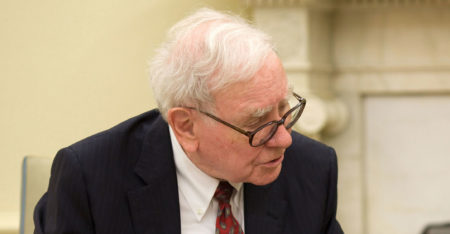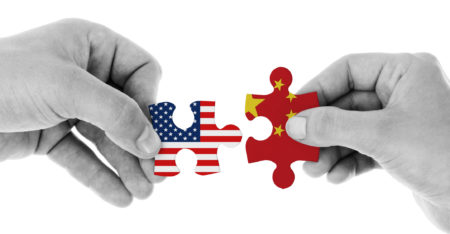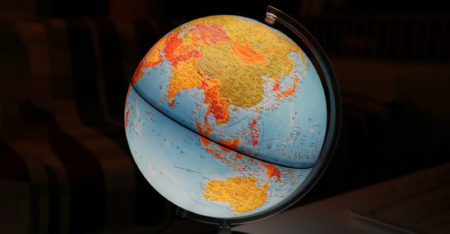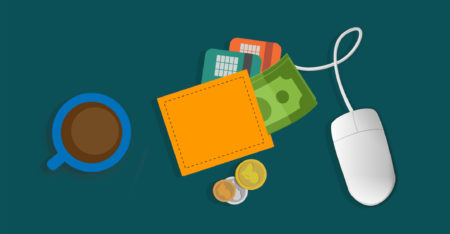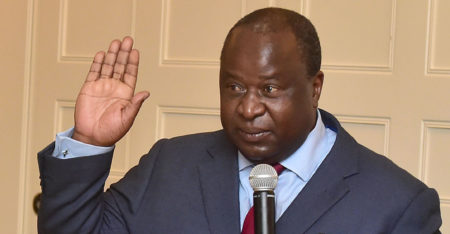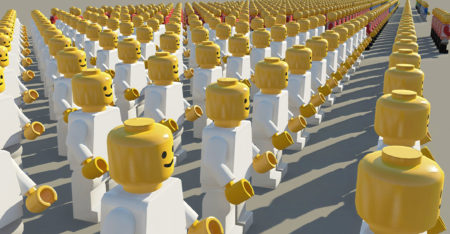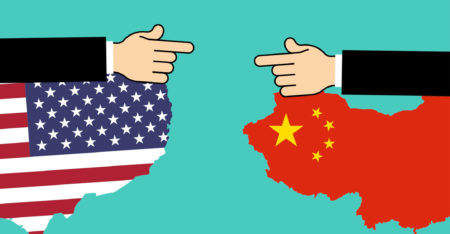Halfway through 2020, the Nasdaq 100 Index is not only back in positive territory, but is headed for a year that ranks with its best of the last two decades.
Browsing: In-depth
If you’re concerned about the pervasive role in daily life of technology companies such as Google, then its planned $2.1-billion acquisition of Fitbit is a worry.
It would be interesting to speculate how many people who, after reading the Prosus and Naspers results for the year to March, are thinking the same thing: would Warren Buffett invest in either company?
The US and China are moving beyond bellicose trade threats to exchanging regulatory punches that threaten a wide range of industries including technology, energy and air travel.
Is the global monetary order ready for another reboot? Keep an eye on India and its ambitions in global technology for clues.
Banks are looking to speed up plans to move creaking legacy platforms onto the cloud, a slow and often costly process, but one that has been given extra urgency by Covid-19.
Too rich for debt relief available to most African nations and hobbled by its politics, South Africa is facing a public financing crisis.
Amazon.com is by far the biggest company in cloud computing. But a new lawsuit shows the extent to which Amazon, which rarely discusses the competition in public, sees Google as a threat.
Politicians and pundits say the world’s largest economies are bound for a seismic “decoupling”. Yet, with businesses harbouring long-term ambitions for these two giant markets, breaking up may be hard to do.
Big Internet companies have long been the target of complaints that they don’t pay enough in taxes. Fed up, more countries are rolling out plans to hit the likes of Facebook and Google with a “digital tax”.




